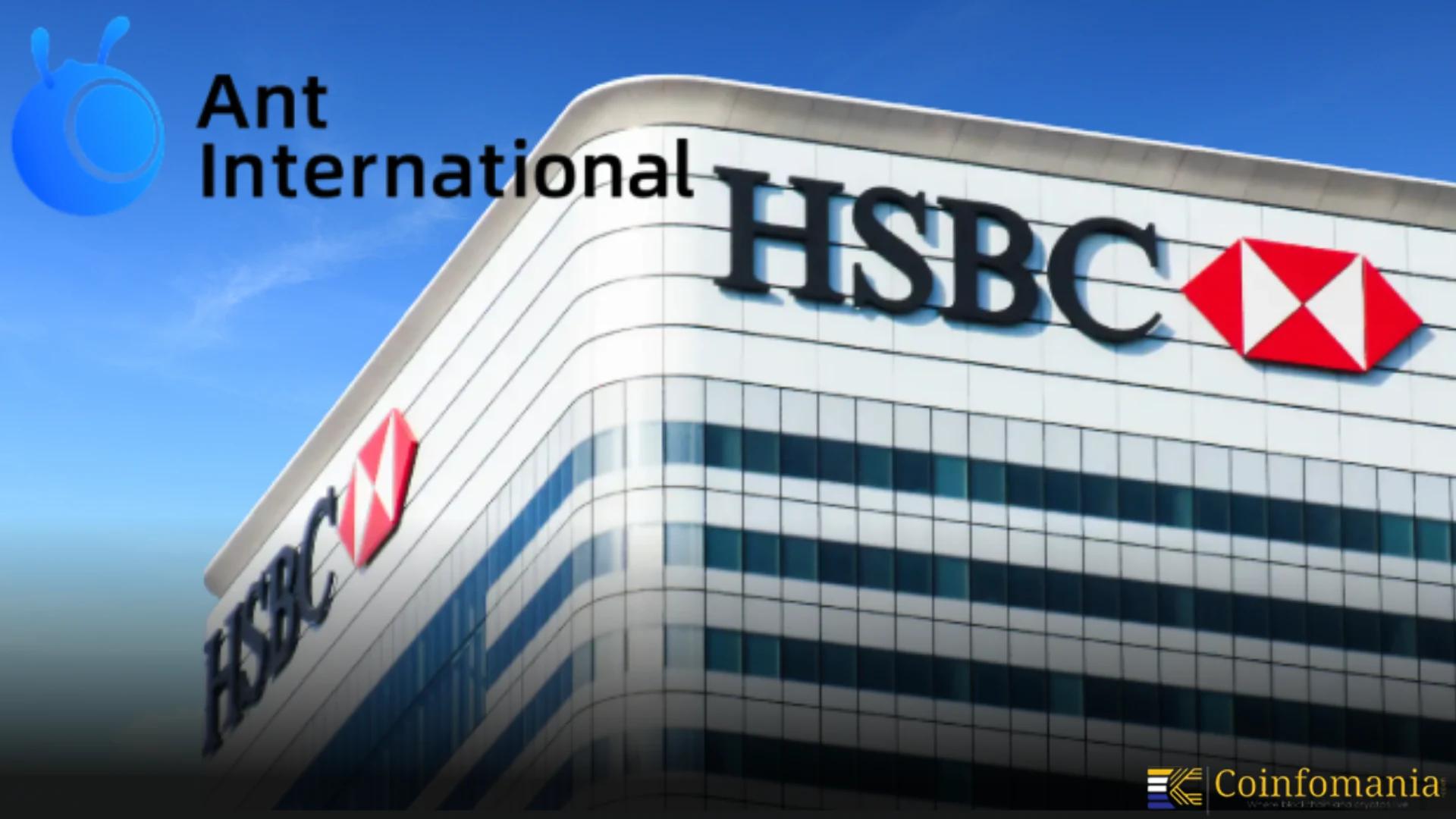HSBC Tokenized Deposits Begin with Ant International Partnership
HSBC tokenized deposits launch with Ant International to make cross-border payments faster, cheaper, and safer using blockchain technology.

Quick Take
Summary is AI generated, newsroom reviewed.
HSBC launched tokenized deposits for cross-border payments.
Ant International is the first partner to use the system.
The service uses blockchain for speed, security, and lower costs.
HSBC leads banks in bringing blockchain into global finance.
HSBC has started offering cross-border tokenized deposits, as reported by Cointelegraph. The bank started this service with Ant International, marking a big step in joining traditional banking with blockchain technology. This move aims to make international transactions faster and simpler.
What Are Tokenized Deposits?
Tokenized deposits are basically a digital version of regular bank deposits. Instead of moving cash through the traditional banks, HSBC converts the deposit into a digital token on a blockchain.
These tokens hold the same value as the cash deposit. People or companies can send them across borders almost immediately. As a result, blockchain helps to reduce delays, lower costs and makes transparency better.
This system especially benefits businesses that internationally move big amounts of money. By using tokenized deposits, banks can make cross-border payments quicker and easier too.
Partnership with Ant International
HSBC chose Ant International as the first client to use this new system. And because Ant International’s speciality is digital payments, it makes it a perfect partner.
The partnership lets Ant International to send money across countries more smoothly. HSBC makes sure that all transactions follow the rules in each country.
For Ant International, this service saves time and makes global money transfers safer. While for HSBC, it shows how blockchain can work in regular banking.
How Tokenized Deposits Work
Here is how it works: HSBC converts a deposit into a digital token. Then the bank records it on a blockchain, which basically acts like a digital ledger.
People can send these tokens to other countries almost instantly. The receiving bank can exchange the tokens back into their local money, such as USD, EUR or CNY.
Blockchain keeps every transaction safe and easy to track. Unlike traditional wire transfers, tokenized deposits have less processing time and also cut costs by removing extra middlemen.
Benefits for Businesses and Banks
Tokenized deposits have a lot of advantages:
- Speed: Banks can finish transactions in just minutes instead of days.
- Security: Blockchain keeps the records safe and unchangeable.
- Cost Savings: Companies pay lower fees and skip middlemen.
- Transparency: Every transaction is easy to track, which builds more trust.
These benefits are attractive to both multinational corporations and fintech companies that need fast and trustworthy cross-border payments.
What This Means for the Banking Industry
HSBC’s move shows a trend of banks’ growing use of blockchain to make its services better. Tokenized deposits could become a standard for transactions across the world.
By partnering with Ant International, HSBC proves that blockchain works beyond just crypto. That it can make everyday banking easier and faster for the customers.
Other banks will most likely follow this system to stay competitive. In the near future tokenized deposits could change global banking completely, making money transfers faster, safer and cheaper.
Looking Ahead
HSBC plans to grow the tokenized deposits to more clients and countries. This plan could transform cross-border banking and help more banks and companies to start using blockchain in finance.
Businesses and banks may soon depend on digital tokens to move money around the world. This could make the global financial system more connected and easy to use.
Follow us on Google News
Get the latest crypto insights and updates.


